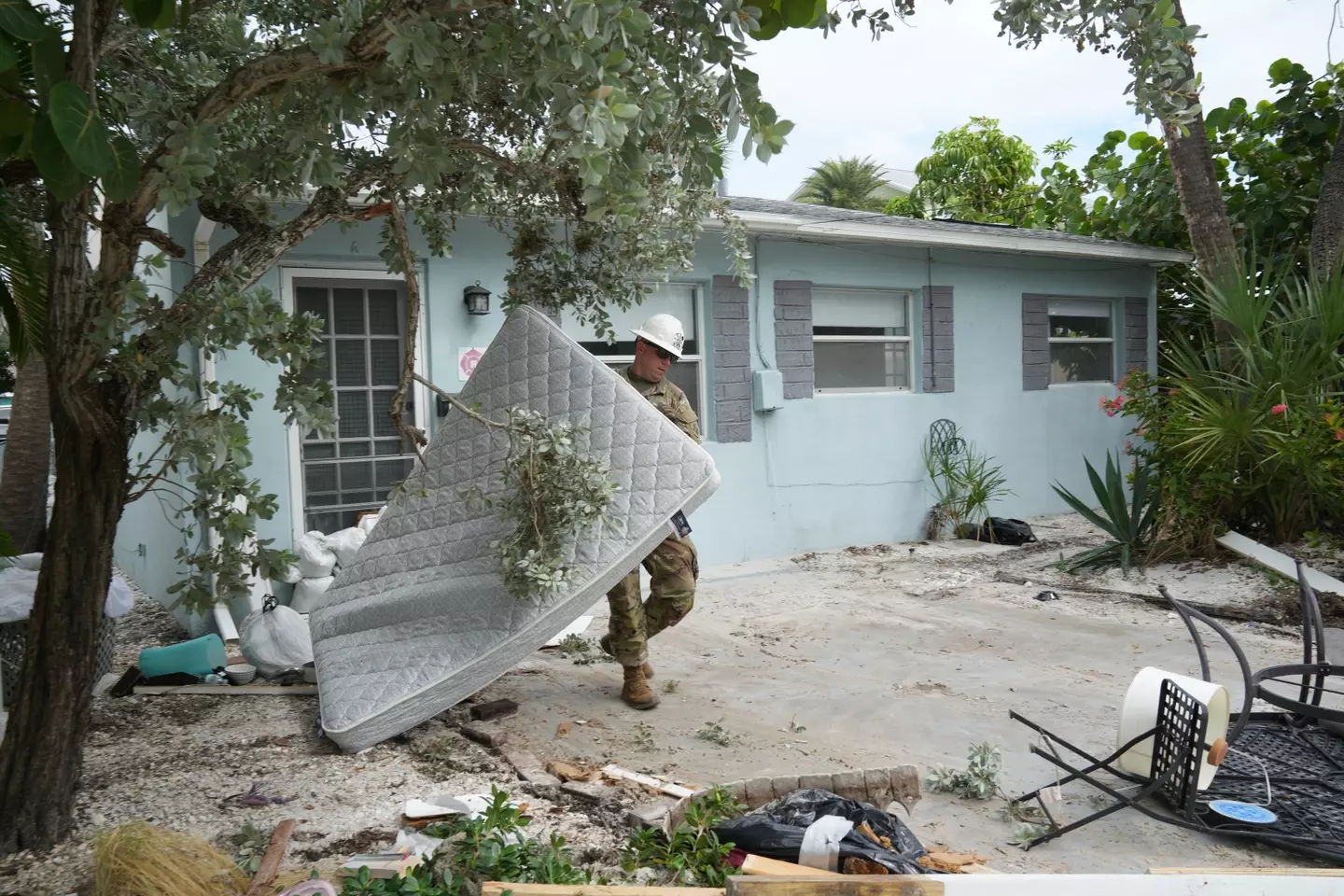Less than two weeks after Hurricane Helene hit Florida’s Big Bend, Hurricane Milton is on its way.
As of today (October 7), the hurricane has progressed to the top category on the Saffir-Simpson Hurricane Wind Scale.
Category five is stated as seeing winds at speeds of ‘157 mph or higher (252 km/h or higher)’ with ‘catastrophic damage’ occurring.
It details: “A high percentage of framed homes will be destroyed, with total roof failure and wall collapse. Fallen trees and power poles will isolate residential areas. Power outages will last for weeks to possibly months. Most of the area will be uninhabitable for weeks or months.”
However, the NHC and Central Pacific Hurricane Center warns: “The Saffir-Simpson Hurricane Wind Scale is a one to five rating based only on a hurricane’s maximum sustained wind speed. This scale does not take into account other potentially deadly hazards such as storm surge, rainfall flooding, and tornadoes.”
Hurricane Milton is expected to decrease to a category three by the time it hits the west-central area of Florida’s Gulf Coast, making landfall at the Tampa Bay area first on Wednesday evening (October 9) before traveling over Orlando.

Hurricane Milton is expected to make landfall on October 9 (BRYAN R. SMITH/AFP via Getty Images)
Category three still states ‘devastating damage will occur’ with winds around ‘111-129 mph (178-208km/hr)’ even ‘well-built framed homes’ incurring ‘major damage or removal of roof decking and gable ends’.
“Many trees will be snapped or uprooted, blocking numerous roads. Electricity and water will be unavailable for several days to weeks after the storm passes. Unnamed hurricanes of 1909, 1910, 1929, 1933, 1945, and 1949 were all Category 3 storms when they struck South Florida, as were King of 1950, Betsy of 1965, Jeanne of 2004, and Irma of 2017,” NHC warns.
According to FOX Weather, Hurricane Milton’s storm surge is set to be the worst to hit the Tampa Bay area specifically in nearly a century, areas of onshore winds potentially expecting to see water levels rise by 12 feet above ground level.
The National Weather Service office of Tampa Bay warned: “Act now to complete preparations before the wind becomes hazardous.”
Residents all over the state have been urged to evacuate, with Florida preparing for the largest evacuation since Hurricane Irma with the state’s National Guard reported as mobilizing 5,000 troops to help get people out and planning on sending another 3,000 out before Wednesday.
Featured Image Credit: AccuWeather/Mario Tama/Getty Images